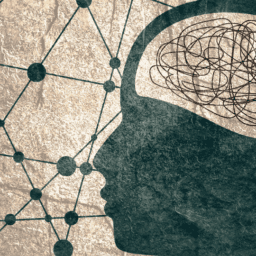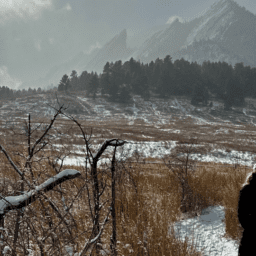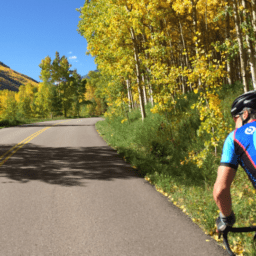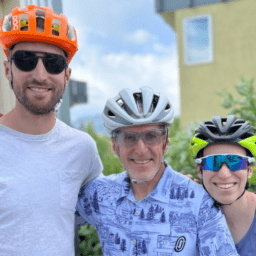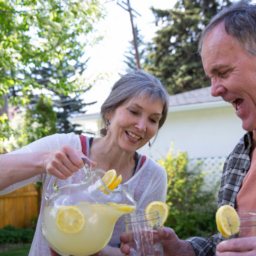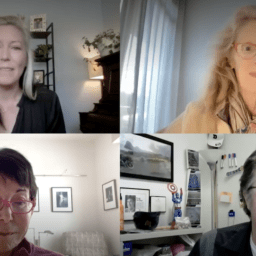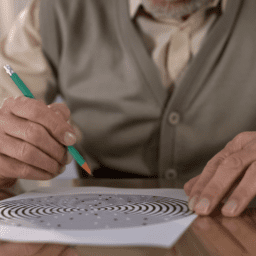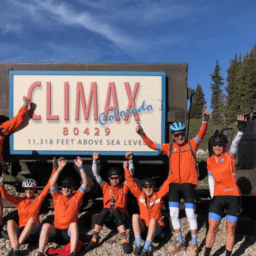In Spring 2018, Dr. Laurie Santos taught “Psychology and the Good Life” for the first time at Yale. She created this course because she was worried about the levels of student depression, anxiety, and stress she was seeing as a Professor and Head of College. It became the most popular class ever taught at Yale.
IN THIS EPISODE, YOU WILL LEARN:
What new results in psychological science teach us about how to be happier, how to feel less stressed, how to flourish more no matter your situation, and ideas for “rewirement” activities to help you create new happiness habits, boost your mood, and improve your overall well-being.
To download the transcript, click here.
Note: This is not a flawless word-for-word transcript, but it’s close.
5 Key takeaways
- When you actively practice looking on the bright side, feeling gratitude, and copying the behaviors of naturally happy people, you can become happier yourself. “Happiness, the data suggests, is just something we need to work at. And as you work at it, just like any other habit, it gets easier over time.”
- Attempting to suppress negative emotions can impact your cognition and cause memory errors. It can also lead to cardiac stress. Instead of ignoring or suppressing negative emotions, take time to truly feel them. One way to do this is to practice the RAIN technique (Recognize, Allow, Investigate, and Nurture) taught by meditation teacher Tara Brach.
- Embrace the emotion of gratitude. Research shows that doing so improves your well-being, your cognition, and your willpower. Train yourself to shift your attention to things that bring you joy instead of concerns over which you have no control.
- Data indicates that when we feel stressed, one of the best actions we can take is to help someone else rather than focus on ourselves.
- Practice “rewirements” each day to boost your happiness: call a friend, write a gratitude letter, perform a random act of kindness, or donate your time to a cause. And when you experience things that bring you joy, whether big or small, take the time to savor them and be fully present.
RESOURCES MENTIONED DURING THE Episode
“The Science of Well-Being” on Coursera
The Stoic Challenge by Bill Irvine
Thanks for Listening!
To share your thoughts:
- Leave a note in the comment section below.
- Ask a question by emailing us here.
- Share this show on Facebook.
To help out the show:
- Leave an honest review on iTunes. Your ratings and reviews really help, and we read each one.
- Subscribe on iTunes.
Listen & Subscribe
Apple Podcasts | Stitcher
*The Second Season of the Parkinson’s Podcast is made possible through generous support in honor of Dr. Margaret Hilgartner.




